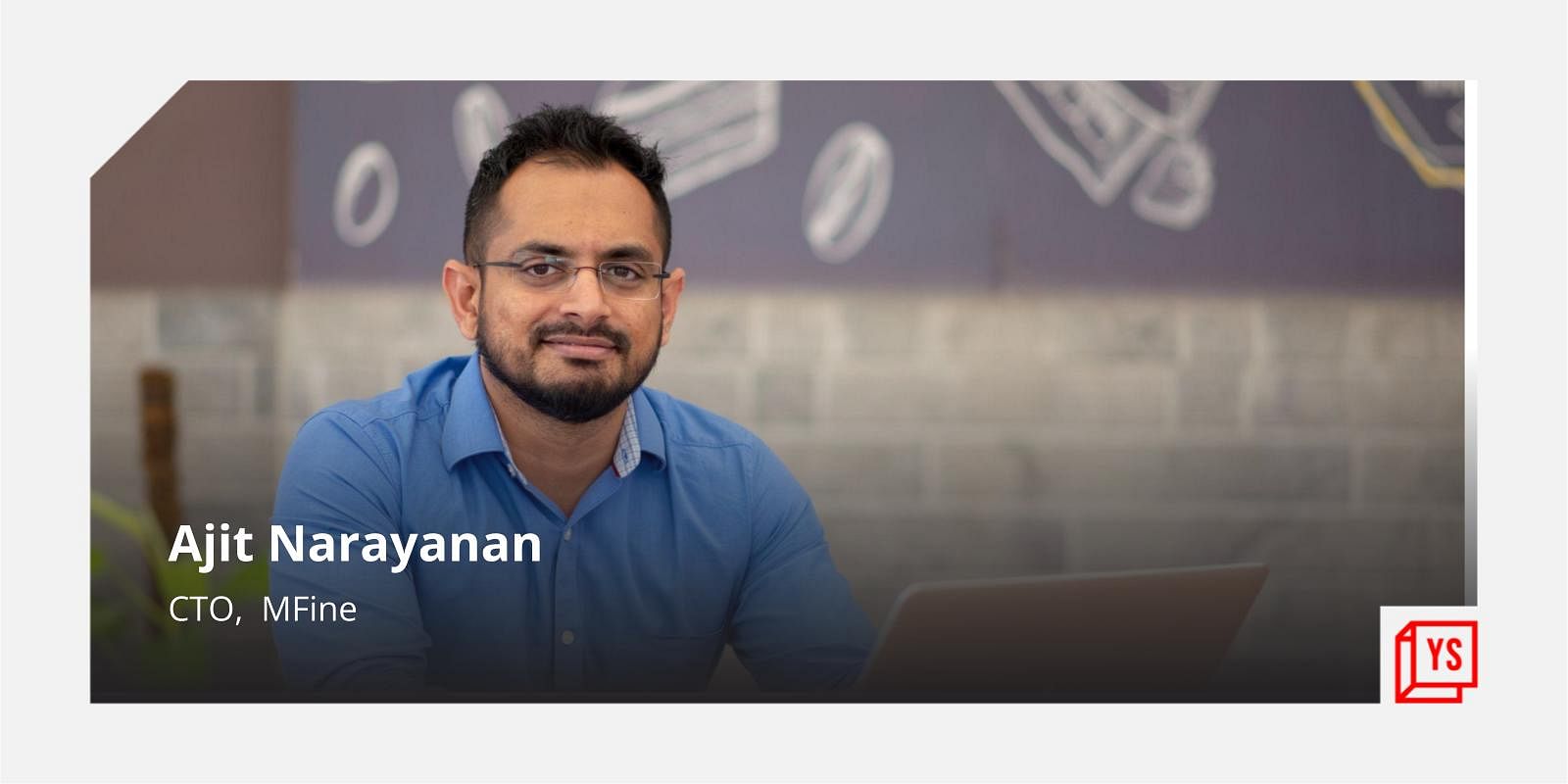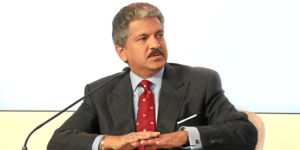Following its Series C funding of $48 million, healthtech startup is transforming India’s healthcare sector by building the world’s largest virtual hospital.
When former Myntra co-founders Prasad Kompalli and Ashutosh Lawania started online telemedicine startup MFine in February 2017, they weren’t the first in the space. But they had found a major gap in the market.
The Bengaluru-based startup enables clinical decision support for doctors using AI and brings vitals monitoring and health management to consumers’ smartphones.
Recently, it announced the launch of blood pressure and glucose monitoring features to its suite of self-check health tools available on its app, eliminating the need for any external devices to measure and track these vital metrics.
Launched three weeks ago in beta mode, the BP monitoring tool has been used by over 10,000 users, clocking thousands of readings every day by users from across India.
“When we started in 2017, we aimed to build a simplified universe for healthcare in India. And, everything we do, adds towards that aim,” Ajit Narayanan, CTO, MFine, tells YourStory in an interaction.
Prasad Kompalli, Co-founder, Mfine
Building in the AI layer
With a focus on building an integrated care experience for its users, MFine is working on various next-gen AI technologies, which can convert any smartphone into a rich diagnostics and vitals monitoring device.
“MFine is doing trial runs with leading hospitals for the glucose monitoring tool, expected to go live in the coming weeks. We are preparing for certifications of its algorithms with thousands of data to improve the accuracy and reliability of the measurements,” explains Ajit.
The BP monitoring feature was in development for two years, where the healthtech startup conducted deep AI research in partnership with leading hospitals with over 3,000 patients.
MFine’s proprietary algorithm measures BP using a smartphone by obtaining a PhotoPlethysmoGram (PPG) signal from the user’s fingertip when placed on the smartphone camera.
It predicts the BP and glucose levels by observing subtle changes in colour across red and blue wavelengths of the PPG signal. MFine’s machine learning algorithm, trained with thousands of patients’ data, makes accurate predictions, close to 90 percent accuracy for BP monitoring.
This feature, available on MFine’s app for Android users in selected mobile models, will be launched soon for most mobile devices, including iPhones.
“The COVID-19 pandemic made both the consumers and providers more open towards digitisation. Healthcare workers now realise getting online is not just a good to have, but a must-have for all,” said Ajit.
Today, MFine has over three million users. The platform claims to clock over 300,000 monthly transactions, including doctor consultations, diagnostic tests, e-pharmacy, and in-patient procedures.
More than 6000 doctors, including some of India’s top doctors from over 700 reputed hospitals, practice across 35 specialities on the MFine platform.
Ajit explains India is experiencing a significant increase in several non-communicable diseases, and the country bears a high burden, specifically in cardiovascular and chronic respiratory diseases, hypertension, and diabetes.
India has over 200 million diagnosed with hypertension patients with limited access to BP measuring tools for at-home and personal use. Similarly, over 80 million diabetes patients and 200 million pre-diabetic people in India primarily monitor their glucose levels by using invasive and time-taking blood tests.
“While wearables cater to only a certain section of the society, smartphones are more ubiquitous and affordable in India. By building these tools and using the power of both mobile sensors and AI, MFine is transforming every smartphone into a vitals measurement device for millions to check their critical health parameters regularly without any complication, losing time, or additional costs,” Ajit says.
Using the layer of teleconsultations
MFine is already used by millions of people for teleconsultations. Bringing vitals measurement and monitoring to smartphones drastically changes the quality of care people will receive from healthcare practitioners.
Doctors can now get important data about the patients’ health and increase the accuracy of diagnosis in telemedicine scenarios. Through these features, people can easily monitor their vitals, get timely intervention, and also get continuous care, particularly in chronic conditions.
“The idea is to bring in incremental changes and shifts in one’s lifestyle. And now, people are willing to make those shifts,” says Dr Raja Indana, Medical Director, MFine. He adds, today, the healthcare system in India has hardly scratched the surface.
India is at the cusp of a ‘digital health’ revolution, and new digital tools and technologies hold great promise to transform the delivery of health services in the future by improving efficiency and bettering patient care.
The government is also pushing for the adoption of digital health through the Ayushman Bharat Digital Mission (ABDM), which aims to develop the backbone necessary to support the integrated digital health infrastructure of the country.
Enabling monitoring of vital health parameters through smartphones can collect data in real-time, helping with rapid diagnosis, timely and proper treatment at an early stage, and eliminating travel and wait times for diagnosis.
It will also increase operational efficiencies for doctors and empower patients with improved support and feedback.
According to the India Telemedicine Market Report 2021, the Indian telemedicine market stood at $1314.83 million in FY21. It is expected to grow at a CAGR of around 22.31 percent.
The report said the growing prevalence of chronic and infectious diseases in the country and a shortage of healthcare professionals and physicians are further expected to support the market growth through FY27.
Dr Raja says “We still have a long way to go in terms of healthcare in India. Every startup is building its way for its niche. The idea is to be the largest player within the segment you are operating in and truly understand and solve for a pain point.”






![Read more about the article [YS Exclusive] Blockchain gaming startup OneTo11 raises $2.5M in seed round](https://blog.digitalsevaa.com/wp-content/uploads/2022/02/oneto11-1643886631886-300x150.png)

![Read more about the article [Jobs Roundup] These openings may help you land a role at B2B manufacturing unicorn Zetwerk](https://blog.digitalsevaa.com/wp-content/uploads/2021/08/Imagegxfc-1629712185047-300x150.jpg)

